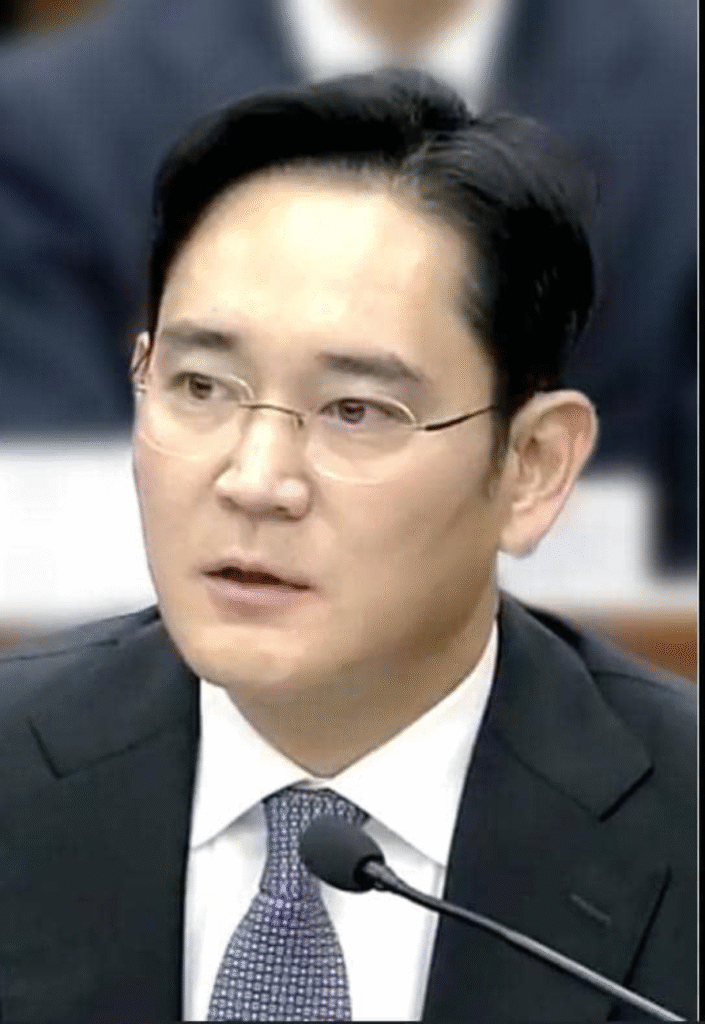
By Lilian Ntege
In a landmark ruling, South Korea’s Supreme Court has cleared Samsung’s executive chairman Lee Jae-yong of all fraud charges, ending a legal battle that spanned nearly a decade.
Lee, who has been at the helm of the Samsung empire since 2014 and is the grandson of the conglomerate’s founder, was accused of manipulating stock values and accounting practices to tighten his grip on the company.
At the centre of the case was a controversial 2015 merger between Samsung C&T and Cheil Industries, which prosecutors argued was orchestrated to cement Lee’s succession.
But in its final judgment, the top court in Seoul upheld earlier rulings that had acquitted Lee, declaring that both the merger and the accounting methods used by Samsung Biologics were lawful.
“Today, the Supreme Court has clearly confirmed through its final ruling that the merger of Samsung C&T and the accounting treatment of Samsung Biologics were lawful,” Lee’s legal team said. “We sincerely thank the court for its wise judgment following a thorough five-year trial process.”
The charges brought against Lee included allegations that he had inflated the value of Samsung Biologics to gain a larger stake in the merged entity maneuvers that prosecutors claimed were key to transferring control from his father, the late Lee Kun-hee, who died in 2020 after years in a coma following a heart attack.
Lee’s legal troubles date back to 2017, when he was arrested for allegedly bribing an advisor to then-President Park Geun-hye, another scandal that rocked the country. Though sentenced to prison multiple times, Lee benefited from shortened jail terms, including a special presidential pardon issued while he was out on parole.
At the time, the government defended the pardon, saying Lee’s leadership was vital to reviving South Korea’s economy post-Covid-19.
In 2024, a district court found Lee not guilty over the $8 billion merger deal, a decision later upheld by the High Court when prosecutors appealed.
This ruling comes at a critical time for Samsung. Despite its dominance in the smartphone and semiconductor industries, the company has been grappling with declining sales and rising competition.
During a trial last year, Lee acknowledged the tough road ahead: “The reality facing [Samsung] is harder than ever, but I will overcome and take a step forward.”
The verdict has been welcomed by South Korea’s business community as the Federation of Korean Industries noted that the decision would enable faster leadership decisions at Samsung a move seen as crucial for navigating global trade uncertainties, including challenges posed by U.S. tariffs.